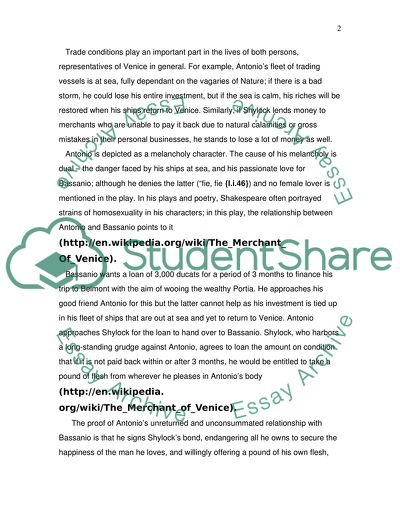The Merchant of Venice by Shakespeare Essay Example | Topics and Well Written Essays - 2000 words. https://studentshare.org/literature/1704946-merchant-of-venice
The Merchant of Venice by Shakespeare Essay Example | Topics and Well Written Essays - 2000 Words. https://studentshare.org/literature/1704946-merchant-of-venice.


